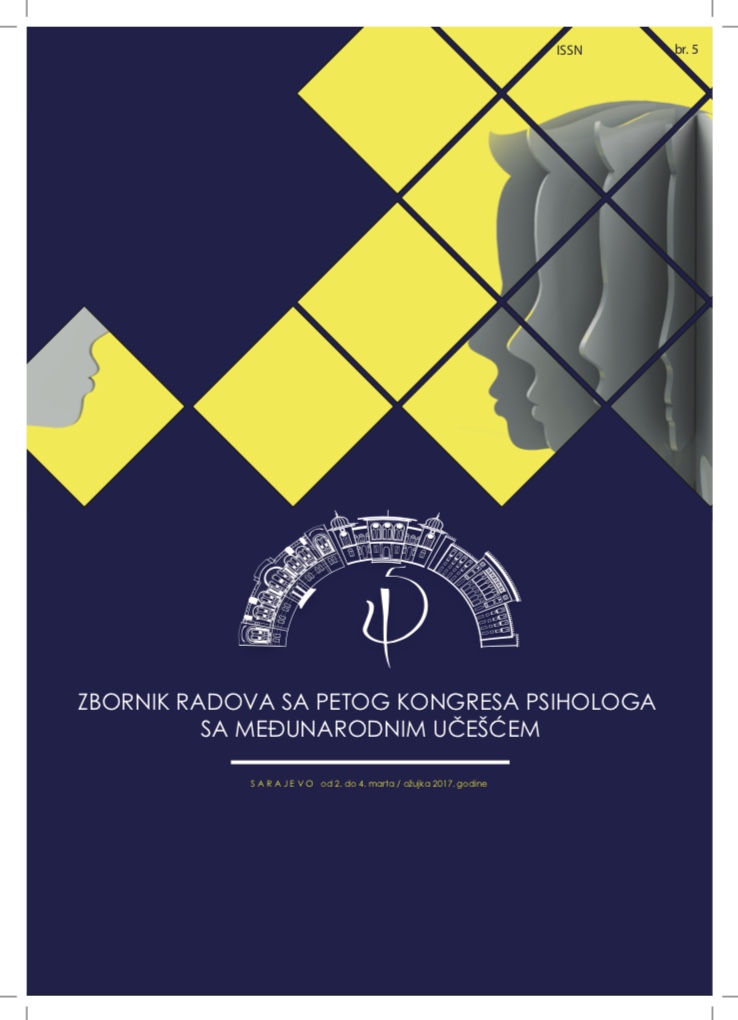Dijalektička bihevioralna terapija za granični poremećaj ličnosti
Dialectical behavior therapy for borderline personality disorder
Author(s): Džejna Ćapin, Ajla JusufbegovićSubject(s): Psychology, Behaviorism
Published by: Logotip
Keywords: dialectical behavior therapy;borderline personality disorder;suicide behavior
Summary/Abstract: Dialectical Behaviour Therapy (DBT) is integrative approach designed to treat the problems of chronically suicidal individuals with bordeline personality disorder (BPD). Author of DBT is Marsha M. Linehan who developed this approach for purpose of more efficient treatment BPD. The term dialectical refers to integration of opposite strategies of accepting the present moment and changing behavior. The aim of this paper is to present model of borderline personality disorder, structure of treatment and offer overview of the basic techniques in the treatment. In relation to the classical cognitive behavioral approach, dialectical behavioral therapy does not require cognition as an necessary mediating variable between events and affective responses, but conceptualizes the affect as a whole of the internal response system following a stimulating event. The increased susceptibility of an affective response and the inability of a person to regulate such responses causes behavior associated with GPL. The dialectic behavioral therapist in the assessment phase, in addition to the biological and psychological ones, must also take into account factors affecting interpersonal systems that affect behavior. People with GPL have a deficit of skill in different areas. The central part of the treatment focuses on helping clients improve their effectiveness in social interaction. Theoretical and practical sources based on dialectical behavioral therapy are behaviorism and Zen meditation learning. Practical application of the principle of Zen meditation is used to accept reality in full consciousness while using behavioral therapy techniques such as crisis management, exposure, problem-solving techniques and skill training. DBT efficacy studies have shown that treatment effects are maintained even one year after the end of the therapy. Persons subjected to dialectical behavioral therapy have significantly better social adjustment, lower rates of suicidal behavior and less psychiatric hospitalization. Recovery results and effects after treatment indicate the advantage of DBT over the classic KBT treatment.
Journal: Zbornik radova Kongresa psihologa Bosne i Hercegovine
- Issue Year: 2019
- Issue No: 5
- Page Range: 255-272
- Page Count: 18
- Language: Bosnian

